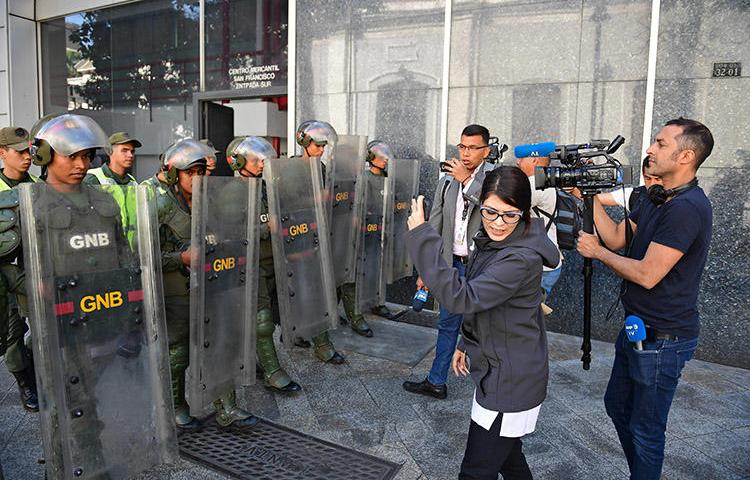
Caracas full of uncertainty for journalists covering Venezuela crisis
A year after disputed national elections in Venezuela, and with access to information growing ever-scarcer, the country remains in a political and economic crisis. Conditions for the press have deteriorated further since January, when Juan Guaidó, the head of the opposition-led national assembly, declared himself interim president.
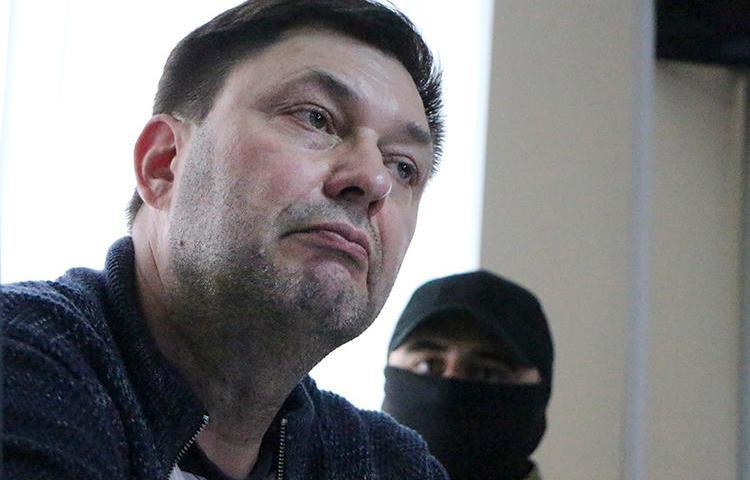
Treason trial of Russian state media journalist begins in Ukraine
New York, April 5, 2019 — The trial of Kirill Vyshynsky, Kiev bureau chief of the Russian state news agency RIA Novosti, started yesterday in the Podil district court in Kiev, according to Ukrainian state news agency Ukrinform. The court heard the prosecutor’s indictment and will convene again on April 15, the news agency said.
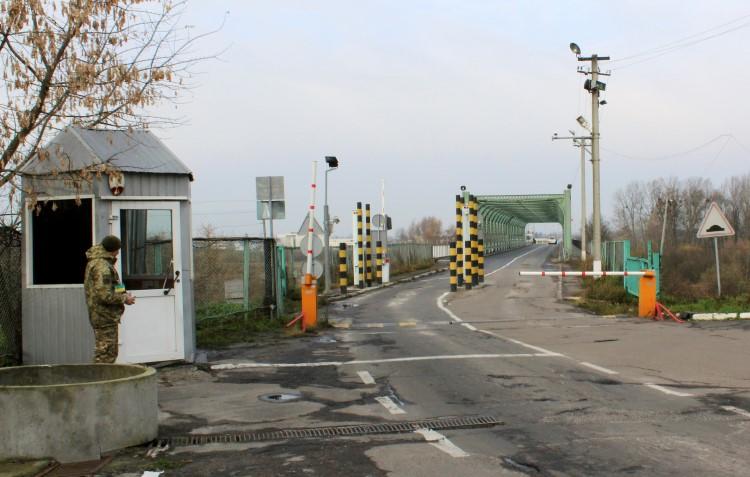
Ukraine bars Austrian reporter from entering for one year
Kiev, March 8, 2019–The Committee to Protect Journalists today called on Ukraine to reverse its decision to ban Christian Wehrschütz, a veteran reporter for the state-run Austrian Broadcasting Corporation, from entering the country for one year.
CPJ announces 2018 International Press Freedom Award winners
New York, June 14, 2018–The Committee to Protect Journalists will honor journalists from Sudan, Ukraine, Venezuela, and Vietnam with its 2018 International Press Freedom Awards. The journalists have faced legal action, physical attacks, threats, and arrests in retaliation for their work. CPJ is also honoring Philippine journalist Maria Ressa, founder and chief executive officer of…
Anastasiya Stanko, Ukraine
CPJ is honored to present its 2018 International Press Freedom Award to Ukrainian journalist Anastasiya “Nastya” Stanko. Anastasiya Stanko is a Ukrainian journalist and TV presenter and a member of the “Stop censorship” movement, an anti-censorship group made up of journalists and media organizations in Ukraine. In 2013, she co-founded the independent media channel Hromadske,…
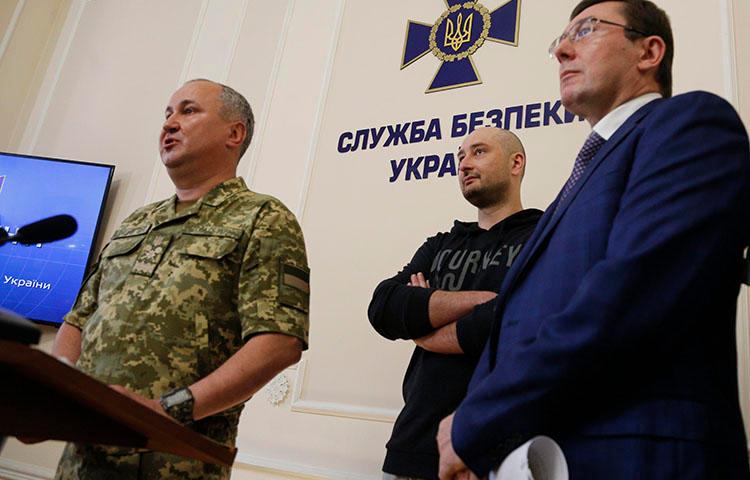
The many questions about Arkady Babchenko’s staged murder in Ukraine
Minutes after news broke that prominent Russian journalist Arkady Babchenko had been murdered in Ukraine, social media exploded with messages mourning the loss of a bright, sometimes-too-outspoken journalist. Friends and colleagues wrote moving obituaries, and groups including CPJ condemned the killing. Impromptu memorials in both Kiev and Moscow sprouted, as they all too often do,…
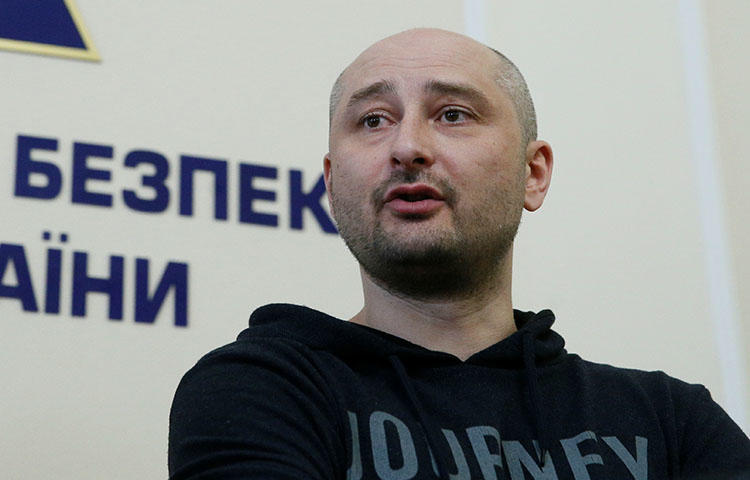
UPDATE: Russian journalist Babchenko’s assassination was staged
New York, May 30, 2018– Russian journalist Arkady Babchenko, who had been reported shot and killed in the Ukrainian capital yesterday, has appeared alive at a televised news conference in Kiev. Vasily Gritsak, head of the Ukrainian Security Service, said the agency faked Babchenko’s death to catch those who were trying to kill him. “We…
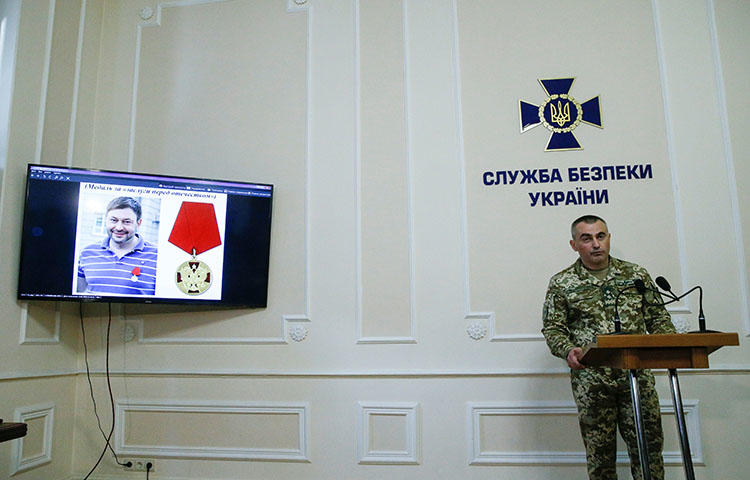
Ukraine extends ban on Russian news agencies, journalists
New York, May 24, 2018–Ukrainian authorities today published a presidential decree that extends for three years sanctions imposed in 2017 against Russian state-funded news outlets and their journalists, as well as other foreign entities and individuals, and added the Russian state news agency RIA Novosti-Ukraine to the sanctions list, according to media reports.
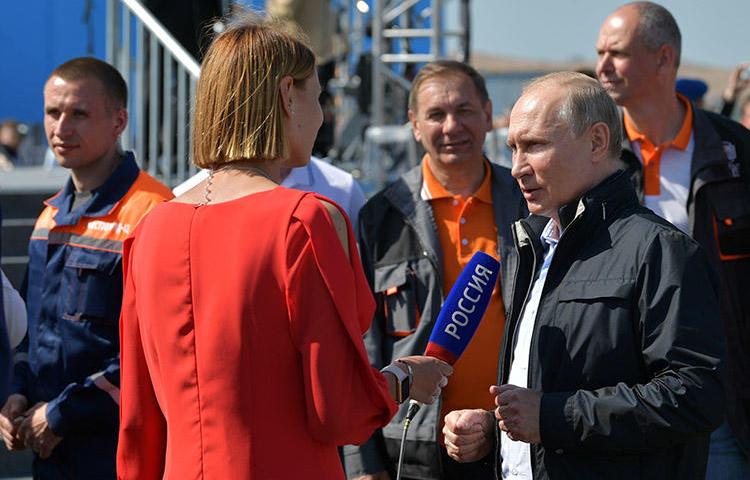
Ukraine authorities search Russian news agency, detain director
New York, May 15, 2018–The Committee to Protect Journalists today expressed concern over the Ukraine Security Service’s (SBU) search of the Kiev office of the Russian state news agency RIA Novosti and detention of the office director, Kirill Vyshynsky.